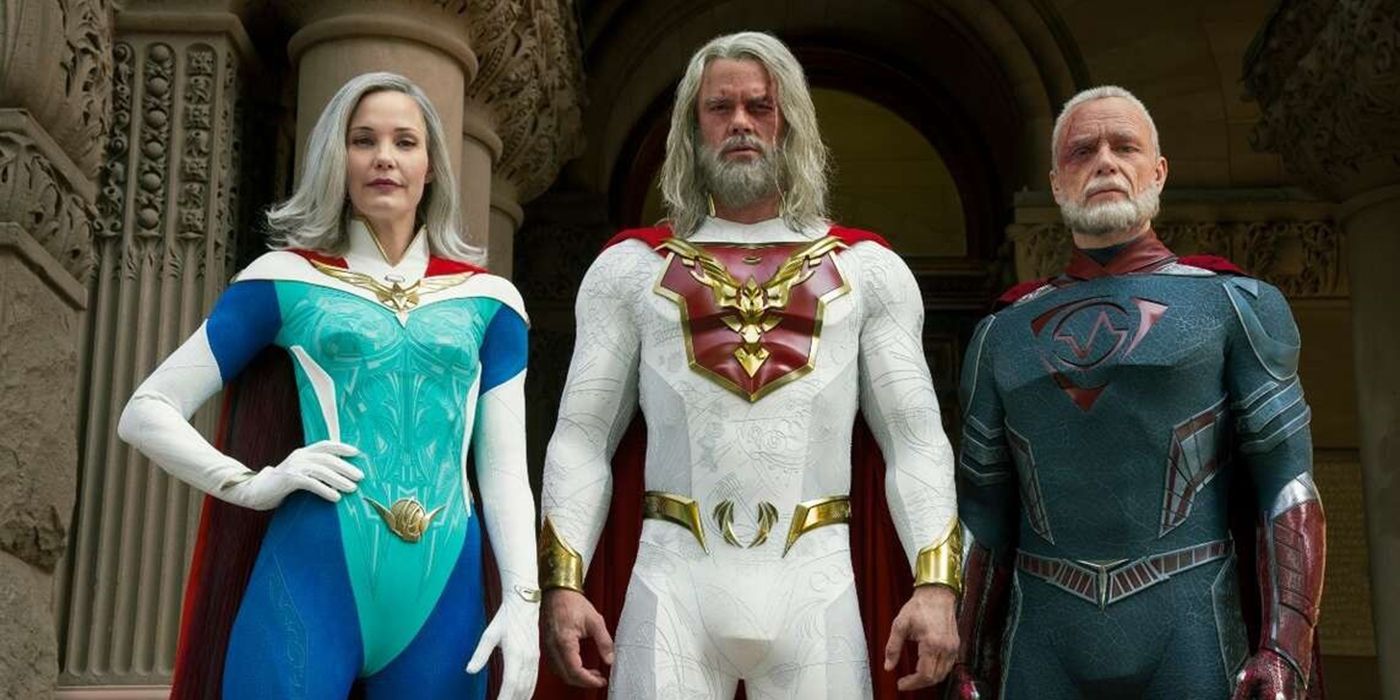
When the trailer for Netflix’s Jupiter’s Legacy was released, it had comic book fans excited because another popular superhero series was being adapted for television. Based on the comic series by Mark Millar, Jupiter’s Legacy had a lot of potential, with the first trailer hinting at a generation of heroes passing on the mantle to their children. However, the show, which is now streaming on Netflix, is a subpar attempt at creating a world where superheroes coexist with humans.
The show aims to bring forth a new group of heroes, which automatically puts it in competition with the likes of the Marvel Cinematic Universe and the DC Extended Universe. Even though it doesn’t promise to live up to those established fictional shared universes, it is natural for fans to compare. Unfortunately, Jupiter’s Legacy doesn’t even come close to any of the previous superhero projects seen on screen and fails to meet fans’ expectations for several reasons.
RELATED: DC’s Darker Take On Superheroes Can Work With The Right Creative Choices
The plot, quite simply put, is about a group of people in the 1930s who arrive at a secret island in the middle of the ocean and obtain special powers. They are the first generation of superheroes, called the Union of Justice. The group is led by Josh Duhamel’s Sheldon Sampson/The Utopian, who is cast in a similar light as DC’s Superman. But, he is disappointing as the leader of Netflix’s version of the Justice League, and as black-suit clad Superman said in the Snyder Cut, audiences were “not impressed.”
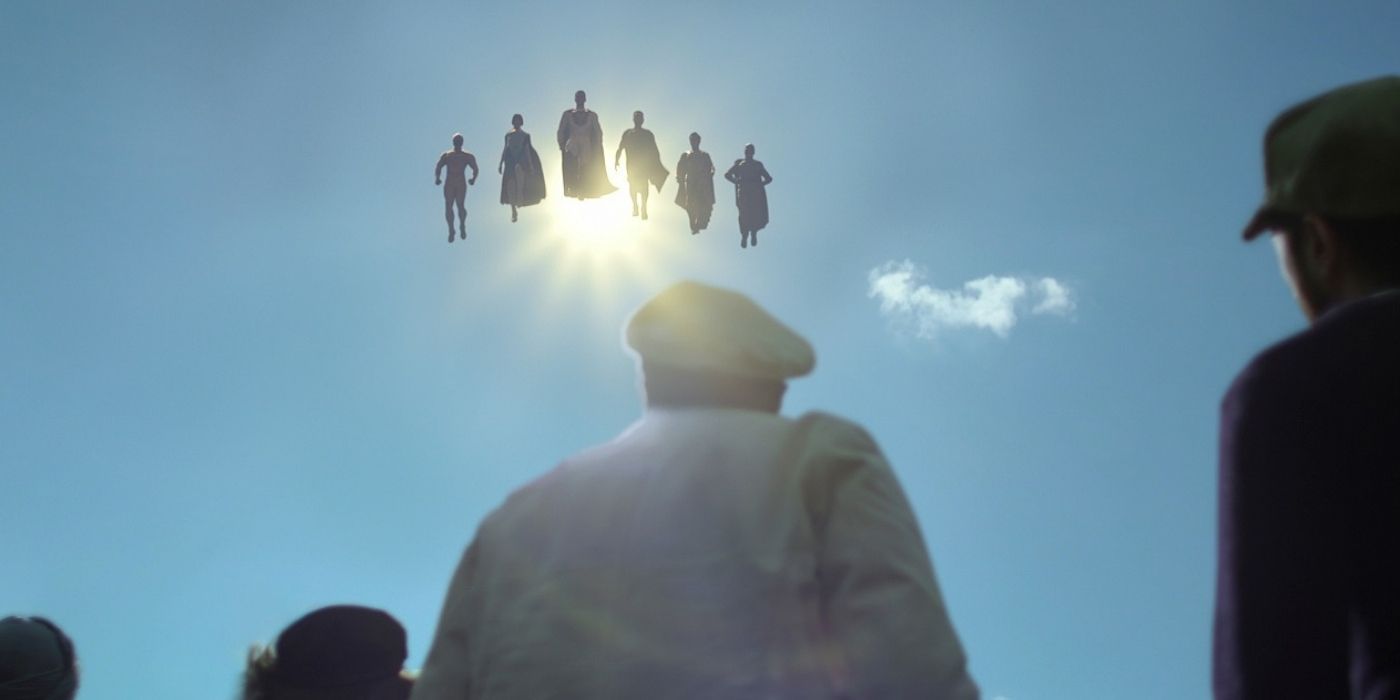
The group lives by the ideals that they will do whatever it takes to save the world, but never kill anyone or interfere in political matters. Sounds simple enough, but watching this plot stretch out over eight episodes makes it seem like the world is moving in slow motion. After 90 years of fighting evil, it's time to pass the torch on, a concept similar to Amazon Prime's Invincible. But, many of the young ones, including The Utopian’s children, are busy clubbing, consuming large quantities of drugs, and not living up to the ideals set by their parents.
When Brandon, The Utopian’s son, kills one of their foes in battle, it begins a debate over whether what he did was right or if their ideals should be maintained. This becomes the crux of the entire series, with the focus shifting towards the fight between heroes versus villains. This led many comic-reading fans to believe that Jupiter’s Legacy was a poor adaptation of the comics.
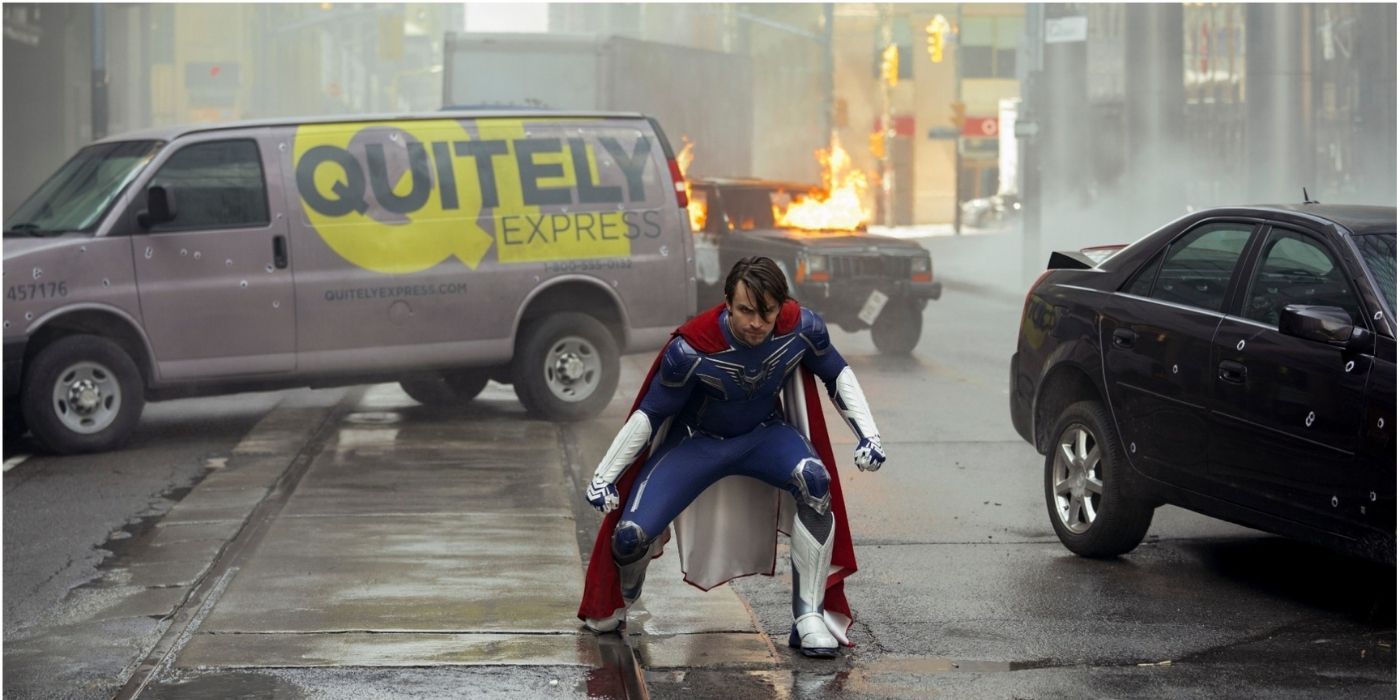
The world created by Millar was not just meant to portray the typical heroes who fight villains and save humanity, but those who live among humans and face similar issues, such as dysfunctional families. While trying to make the heroes seem more human, the Netflix show fails to capture the essence of the comic series, and instead spends eight episodes on a boring story line that moves at an exceptionally slow pace.
Making a hero more human has been achieved beautifully in many of the MCU projects, with family as a primary factor in the characters’ lives. From Tony Stark’s complicated relationship with his father, Loki’s issues with brother Thor, to super-villain Thanos’ complex relationship with his daughters, dysfunctional families have been at the core of the MCU. But, never has this portrayal seemed forced or uninteresting to fans.
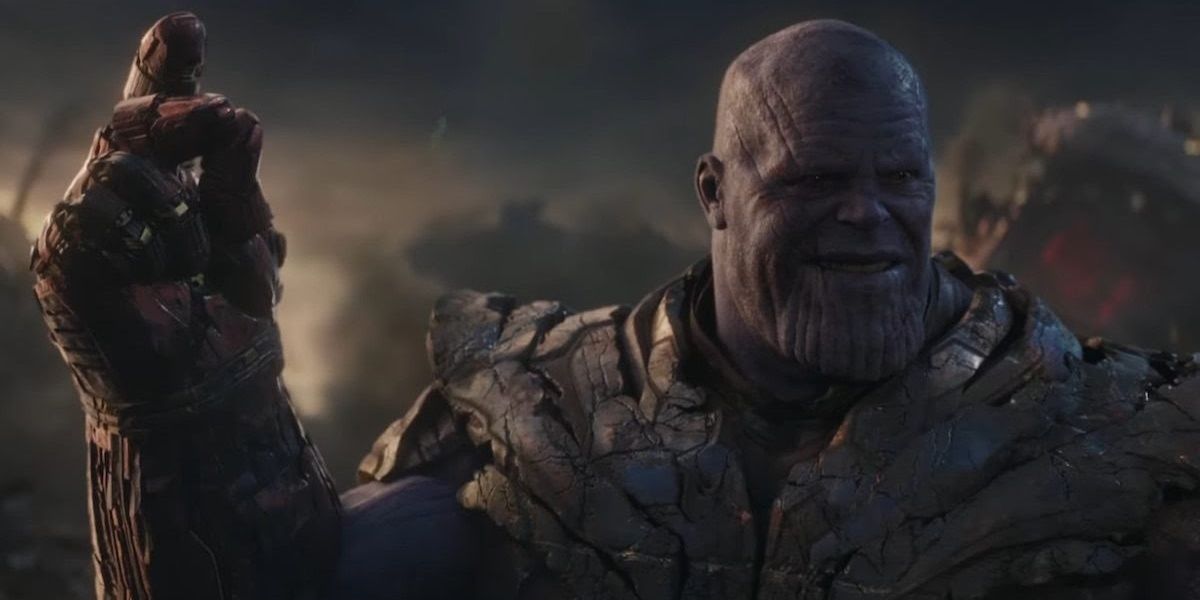
Many of the MCU and DC heroes have also lost family members in the past, a fact that has always been intertwined with their character development. The number of heroes with dead parents is rather large, such as Iron Man, Captain America, Thor, Batman, and The Flash, just to name a few. But, the deaths have always meant something to the heroes and influenced them in some way.
Jupiter’s Legacy, on the other hand, uses family as an excuse to portray unnecessary drama. The scenes with The Utopian or Lady Liberty interacting with their daughter Chloe seem forced, and invoke absolutely no emotion in the minds of the viewers. Elena Kampouris tries her best to portray Chloe as the rebel child, but ends up becoming the most exasperating character on the show. Even the interaction between Brainwave, The Utopian’s older brother, and his daughter Raikou lacked a spark. With Brainwave being the true villain, viewers expected a more action-packed conversation, especially as Raikou is shown to be an assassin with super strength. But, just like any other sequence on the show, it fails to impress or surprise the viewers.
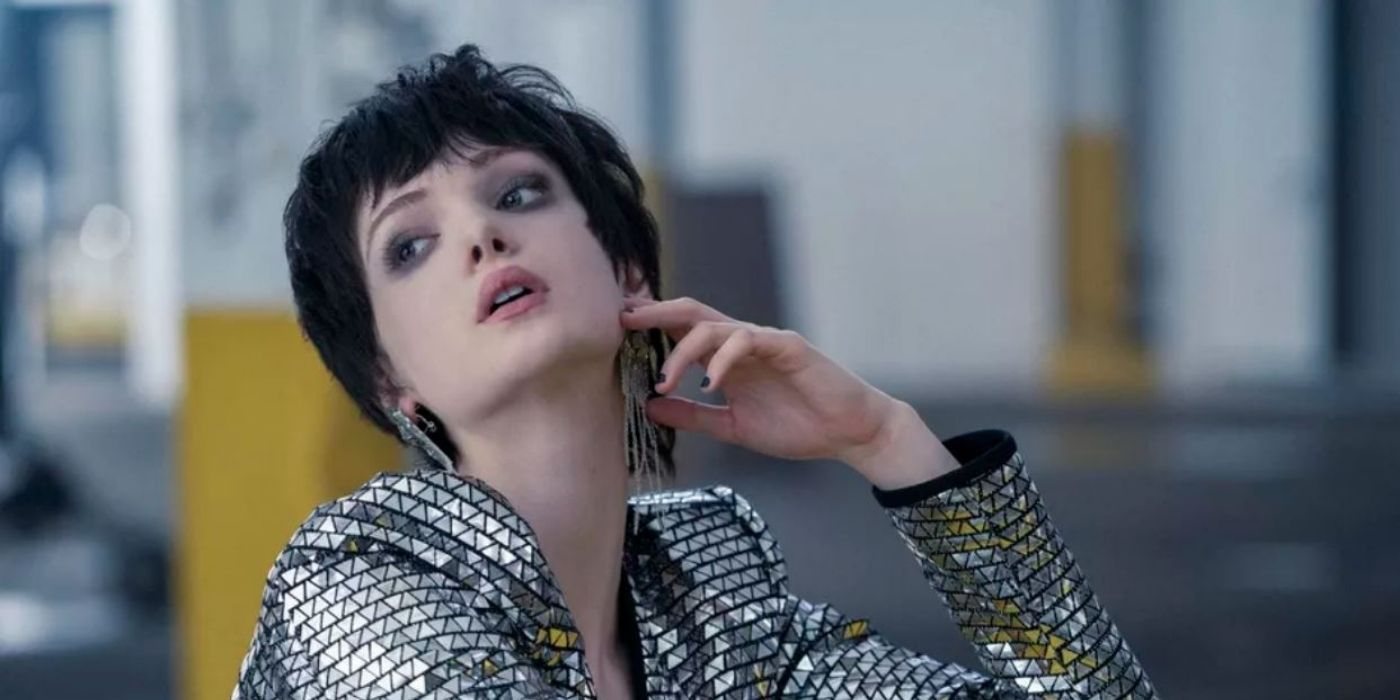
Perhaps the writers wanted to save the more interesting bits from the comics for future seasons, but the first season of Jupiter's Legacy failed to grab the attention of its viewers while mainly focusing on whether it is acceptable for heroes to kill villains. None of the characters are truly likable, with the good guys easily influenced and the bad guys just cliched villains. Also, it is obvious from the start that Brainwave is the real villain, but none of the team members notice.
Another huge issue with the show was its low-quality makeup and visual effects. The heroes are dressed in costumes that even cosplayers would put to shame, and the members of the Union of Justice wear terrible wigs and over-the-top aging makeup. Compare that with any of the other superhero projects, whether film or television, and it makes the series almost unwatchable. Costumes are always an integral part of such projects, with fans eagerly waiting to see the outfit of a live adaptation version of a comic hero. For instance, when an image of a LEGO set from Marvel’s upcoming film Shang-Chi and the Legend of the Ten Rings went viral on social media, all fans spoke about was seeing Shang-Chi’s MCU costume for the first time.
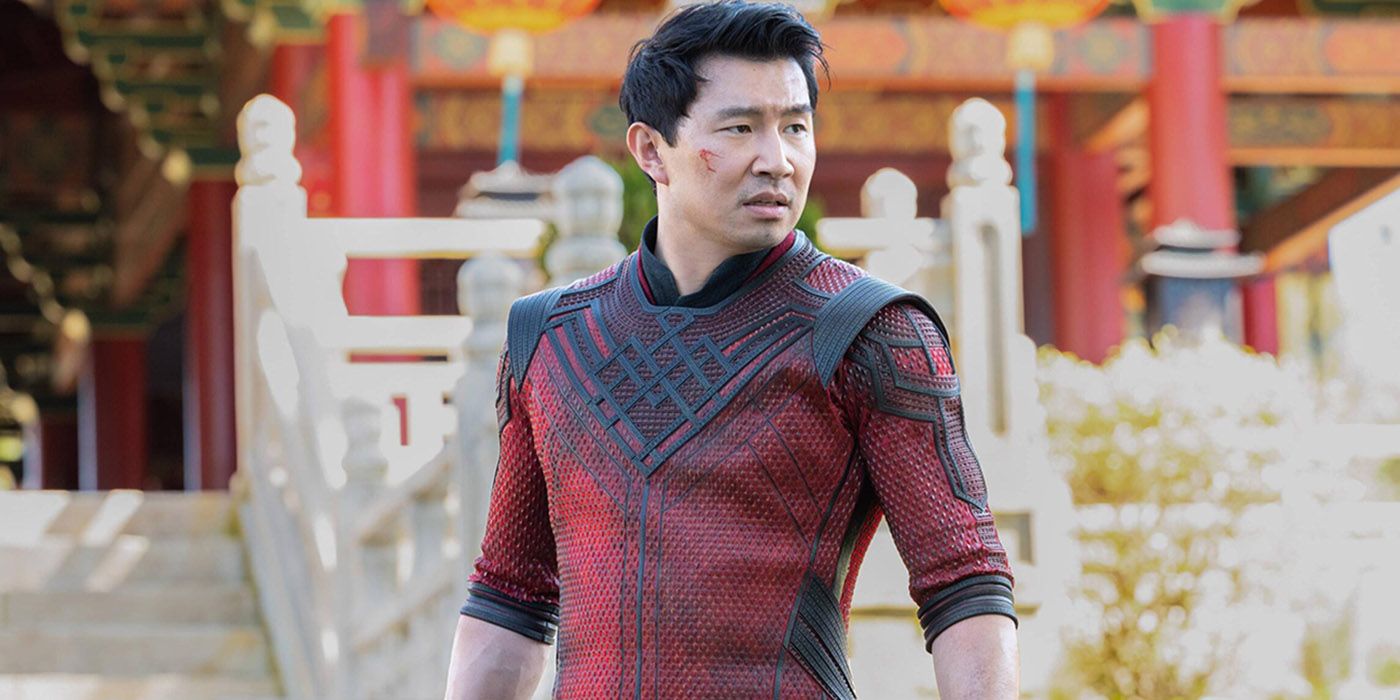
Apart from their appearance, the characters seem to take themselves way too seriously, with not a joke in sight. The show is joyless in its storytelling. When the first trailer of Jupiter’s Legacy released, many compared it with Amazon Prime Video’s The Boys, which takes place in a world where the heroes are celebrities. But at its core, The Boys is a show about sociopaths disguised as heroes.
The members of The Seven are the complete opposite of what typical superheros are expected to be, but still managed to draw in audiences, who weren’t necessarily comic lovers. The show has the best kind of dark humor, and doesn’t ignore the heroes’ personal tragedies despite being loaded with silly jokes. It may not be everyone’s cup of tea, especially considering its violent, sexual, and sometimes insensitive content, but it keeps the audience engaged from the beginning.
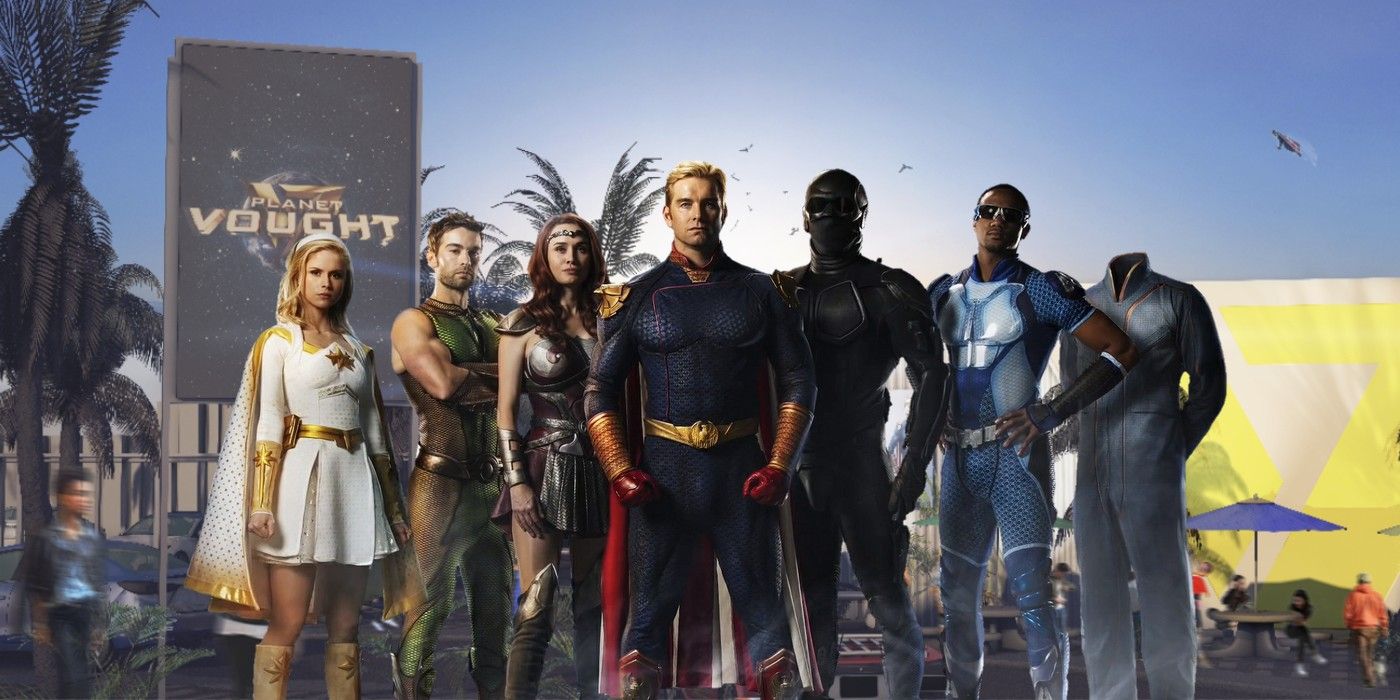
Jupiter’s Legacy is a failed attempt at adapting a world of superheroes for television. The script is too intense and any opportunity for a light-hearted moment is destroyed by speeches about the state of the world and ideals that need to be carried forward. Adding humor to the script would have enhanced the experience, as many previous superhero projects have proven. With great power comes great responsibility, and Jupiter’s Legacy has failed in carrying the responsibility forward.
Jupiter’s Legacy is now streaming on Netflix.
More: 10 Marvel Superheroes Who Are Long Overdue Their Own Games

